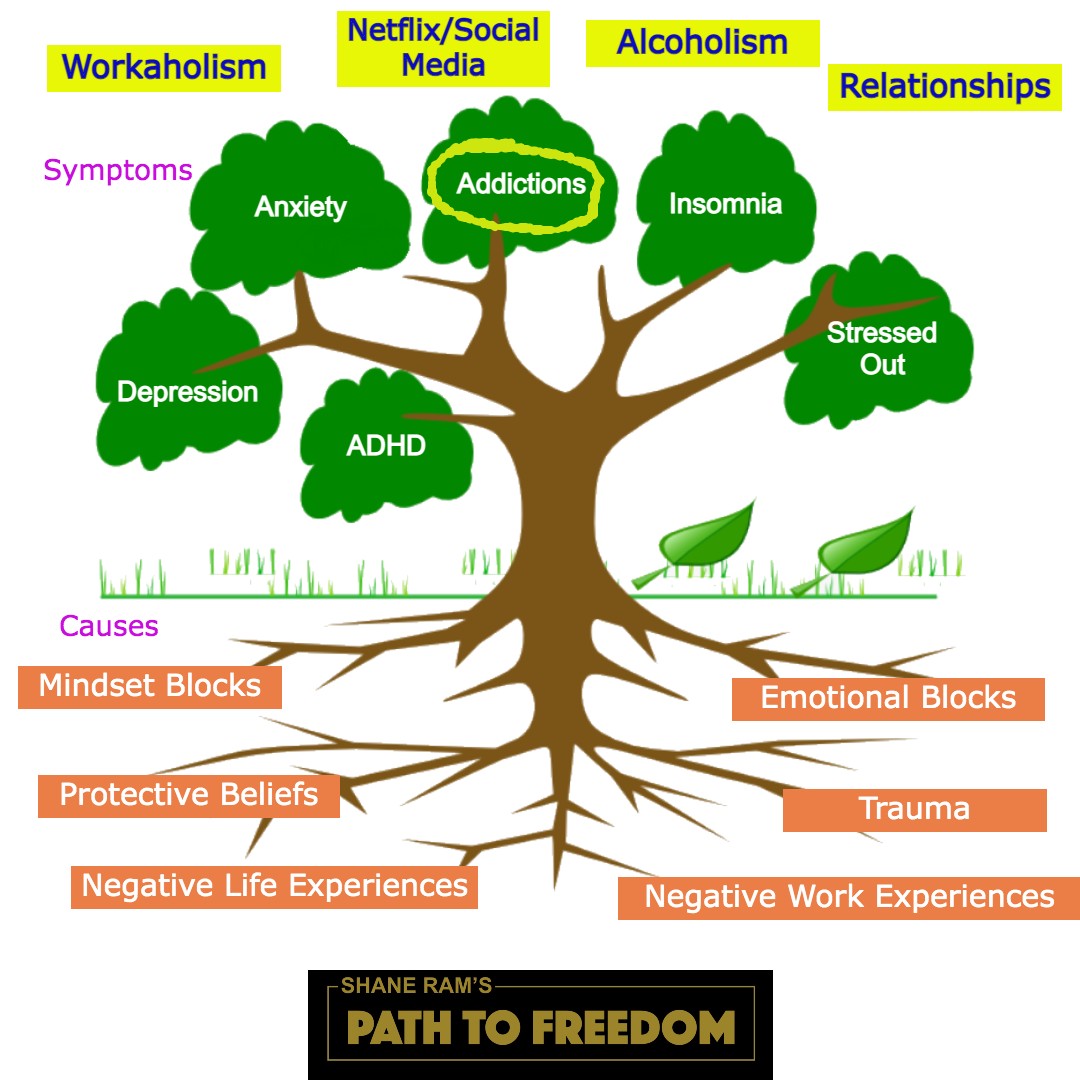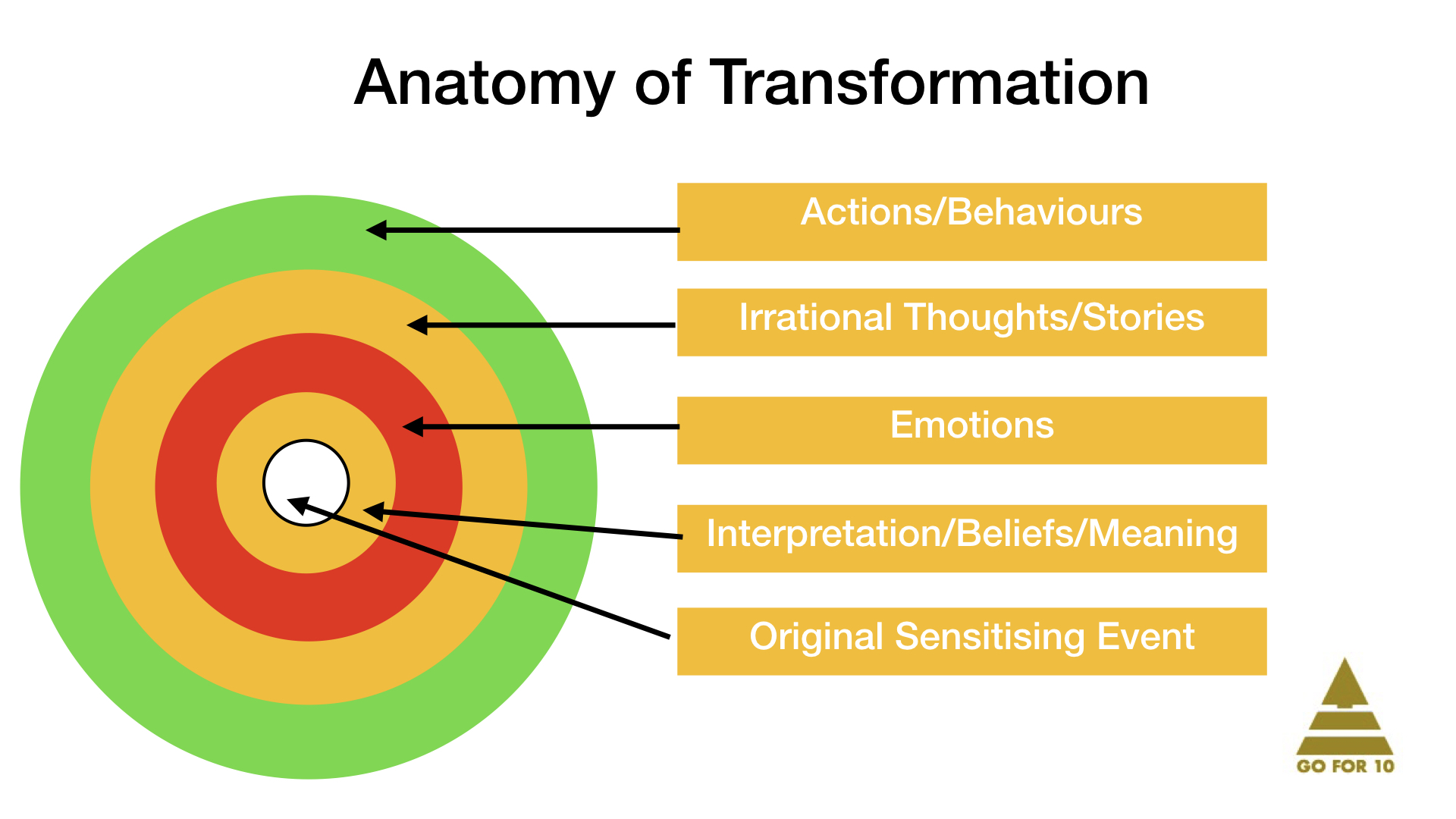
The Mental Health issue that No One is talking about.
Apr 28, 2021Do you feel guilty if you are not working on something?
Do you find it difficult to detach from your work?
Is work preventing you from quality time with significant people in your life (partner, children, close friends etc)?
If the answer is yes for you then you be a workaholic.
Not many people are talking about it but workaholism is an addiction and like most other addictions, it can have many emotional and physical health effects and cause relationship challenges.
In a recent poll done on Linkedin, workaholism was the #1 legal addiction amongst professionals. Second was Netflix and Social Media addiction closely followed by Alcoholism. A distant last was 'Relationships' but I strongly think that if I had extended this option to include sex and porn the numbers would have been higher.
Interestingly there is a difference between working long hours and being a workaholic.
The term workaholism was coined in 1971 by minister and psychologist Wayne Oates, who described workaholism as “the compulsion or the uncontrollable need to work incessantly” (Oates, 1971).
Symptoms of workaholism can include:
- Feeling compelled to work because of internal pressures.
- Having persistent thoughts about work when not working.
- Working beyond what is reasonably expected of the worker (as established by the requirements of the job or basic economic needs) despite the potential for negative consequences (e.g., marital issues).
Essentially, workaholics cannot psychologically detach from their work.
The personal, relational, emotional and physical health effects of workaholism can be tremendous.
In a study conducted by Harvard on workaholism they concluded that 'Although we found that engaged workaholics had lower physiological health risks than non-engaged workaholics, they still reported more depressive feelings, sleep problems, various psycho-somatic health complaints, and a higher need for recovery than non-workaholics. These are all signs that well-being among workaholics, regardless of how much they love their job, can be impaired.

Summary of significant outcomes of workaholism. A positive sign (+) indicates a significant positive relationship with workaholism, a negative sign (-) indicates a significant negative relationship, and ns indicates a nonsignificant relationship. Adapted from Clark, Michel, Zhdanova, Pui & Baltes (in press).
In my model of coaching, workaholism like all other addictions are coping mechanisms to fill the 'hole in the soul'. There is a deeper Root Cause to workaholism and other addictions and finding this Root Cause is critical to sustainably and permanently overcoming these addictions.

From the diagram below you can see that Workaholism is the Behavioural Pattern but there are many layers to it and there is an underlying Root Cause or Original Sensitising Event.
Workaholics make up many plausible (to themselves) STORIES as to why they work the amount they work why they cannot detach when they are out of work.
These stories are generated by EMOTIONS with the most common one being fear.
Fear of failure can cause workaholism.
Emotions are triggered by underlying BELIEFS and the most common one is 'I am not good enough'. Other beliefs tied to workaholism include 'I have to work really hard to be loved and admired'.
Beliefs are formed mainly in childhood and are caused by events which we call Original Sensitising Events. So if our parents did not value us unless we were doing something or performing well we could have formed a belief that I have to work and work to be seen, get love and be admired.

Action Steps to Overcome Workaholism
- Acknowledge that you coping by working excessively and cannot disconnect - self awareness, confession...
- Work with an accountability partner (HR, Coach, Mentor etc) to set rules for work life balance and to regain control of your work behaviour. Identify fun things to do so you can psychologically detach from work.
- Get to the Root Cause of your workaholic behaviours. This is best done by working with and evidence-based, neuroscience-informed and trauma-informed coach/mentor/therapist.
- Discover Your Purpose so you become internally motivated to work.
About Shane Ram:
Shane Ram is a Life & Leadership Coach, HR Consultant, Podcast Host, author and a sought after global keynote speaker.
Shane's strikingly effective coaching process shows individuals and corporate teams how to create the personal lives they want while becoming a megastar at work. To book a time to speak with Shane go to https://go.oncehub.com/ShaneRam. To book Shane for events and seminars go to www.shaneram.com or call 1-868-351-5000 or email at [email protected]
He is also the CEO and Founder of Integrated Coaching and Wellness Centre, a company that provides transformational coaching to end the struggle with all mental health challenges in 90 Days http://www.icwcglobal.com

